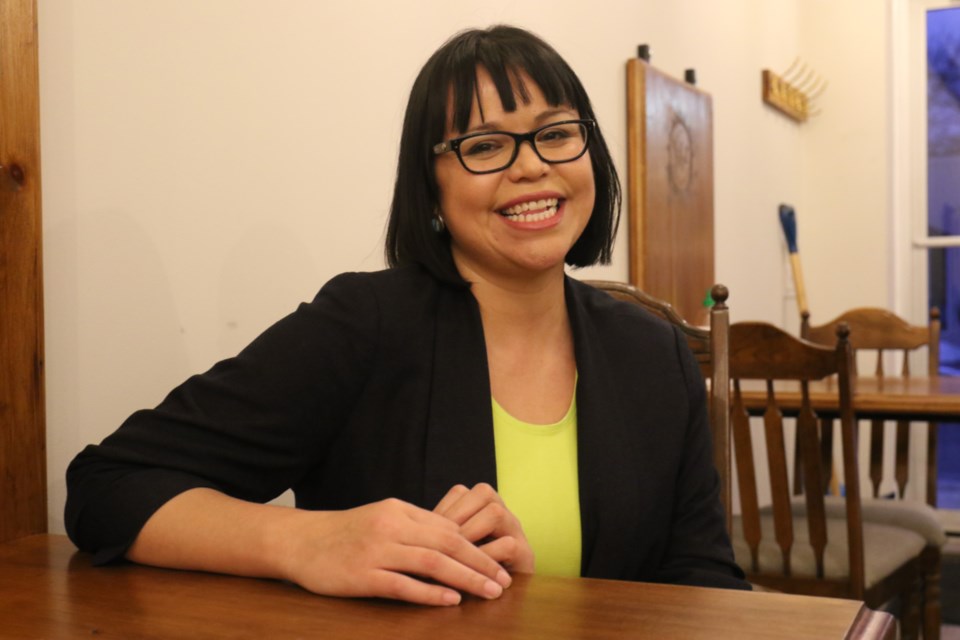A Toronto judge has agreed to protect identities of strippers fighting what they say is unfair and discriminatory treatment under Ontario's COVID-19 restrictions.
A preliminary motion filed by Sault Ste. Marie lawyers Naomi Sayers and Christopher Folz has persuaded Superior Court Justice Lise Favreau to provide anonymity to strippers providing affidavit evidence to a legal challenge of the province's closure of strip clubs last September.
Sayers and Folz are representing Work Safe Twerk Safe, an advocacy group that sought permission to use initials other than initials of their actual legal names in affidavits and other court documents.
"There is no doubt that, once it goes forward... this case may attract public interest given the issues raised," Judge Favreau said in a decision released Tuesday.
"However, the specific identities of the strippers who may swear affidavits in support of the application will have no real bearing on the press's ability to report on the case or to the public's access to information about the case."
Work Safe Twerk Safe, representing strippers across Ontario, argued that:
- stripping is a stigmatised occupation and if strippers used their full names, it would be harder for them to obtain or keep conventional work
- publicly identifying strippers would place their economic and family safety at risk
- strip club managers often respond negatively or punitively to attempts by strippers to organize or obtain better working conditions, making strippers vulnerable to termination or other forms of reprisal
- publishing full names in court records could expose strippers to Children's Aid investigations
"Without this order, my clients will face targeted harassment and discrimination for no reason but for the fact they are strippers,” Sayers told SooToday last November.
The judge pointed out that the strippers involved aren't public figures and there's therefore no public interest in knowing their identities.
The press has expressed no interest in knowing their identities and SooToday and other media have interviewed strippers associated with Work Safe while agreeing to conditions respecting their anonymity.
The strippers will be subject to cross-examination and won't be allowed to shield their identities from the court, but non-identifying initials will be used on publicly available court documents, the judge ruled.
In a surprise decision, the provincial government closed strip clubs on Sept. 26, 2020 while allowing similar businesses such as bars to stay open.
Work Safe Twerk Safe is arguing that Ontario is unjustifiably infringing rights of strippers under sections of the federal Charter of Rights and Freedoms protecting equality, freedom of expression and association, as well as life, liberty and security of person.
The group is applying for judicial review of regulations made under the Reopening Ontario (A Flexible Response to COVID-19 Act limiting operation of strip clubs during the COVID-19 pandemic.
